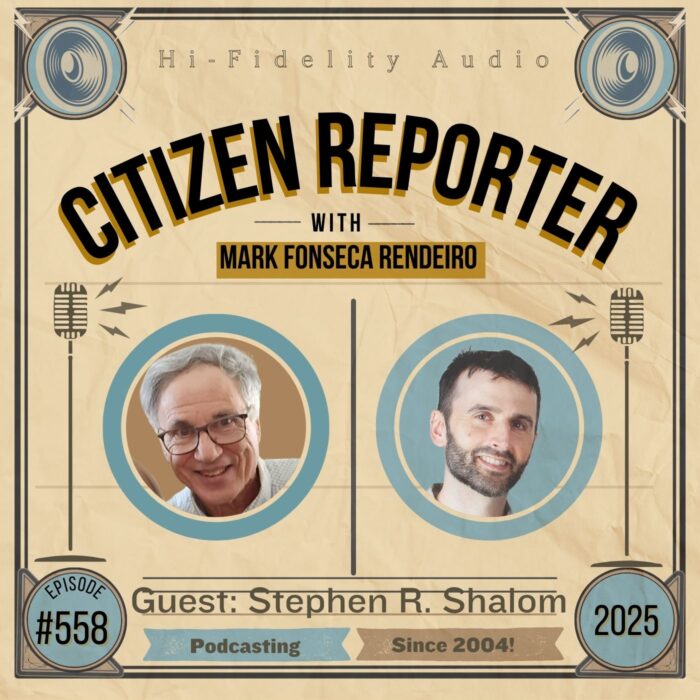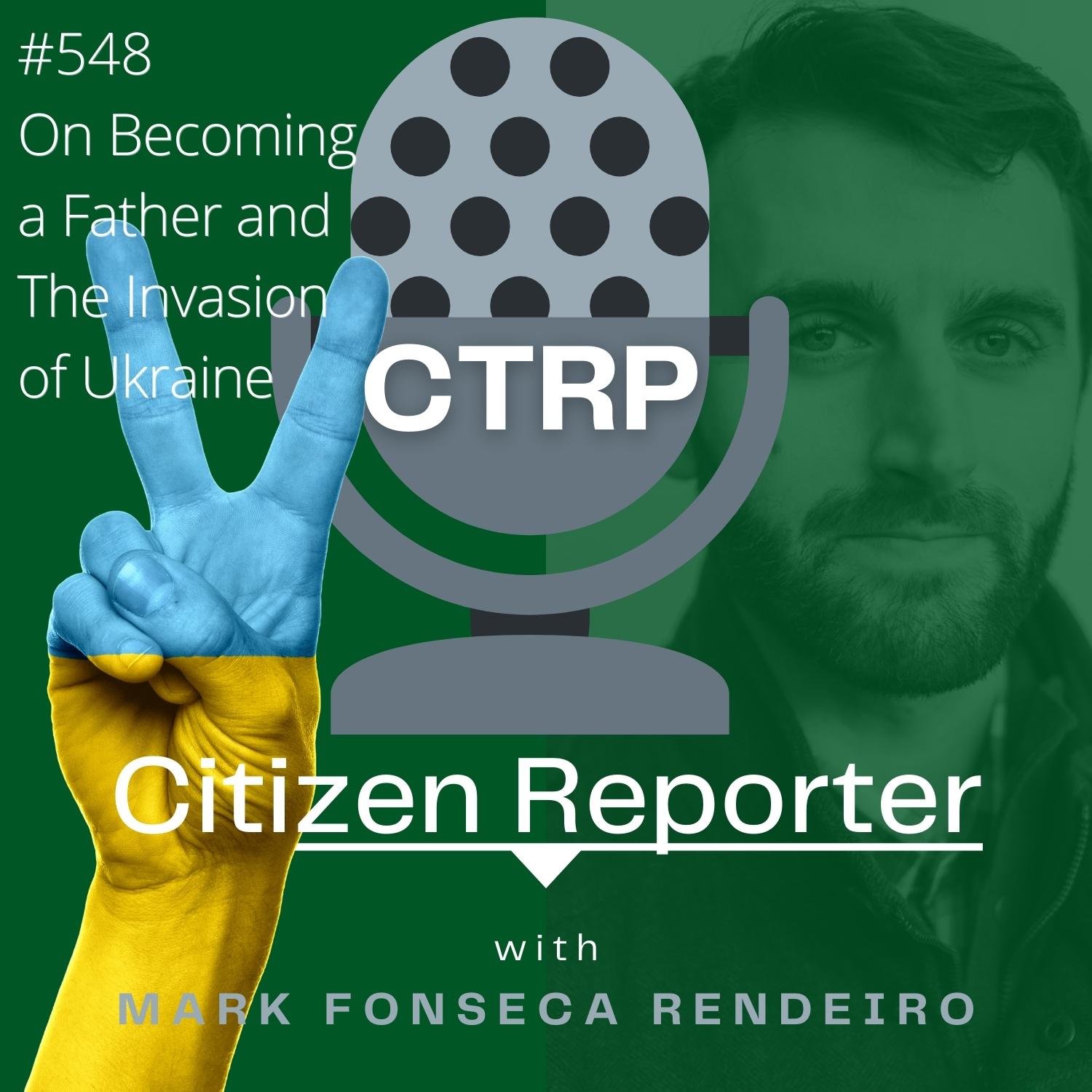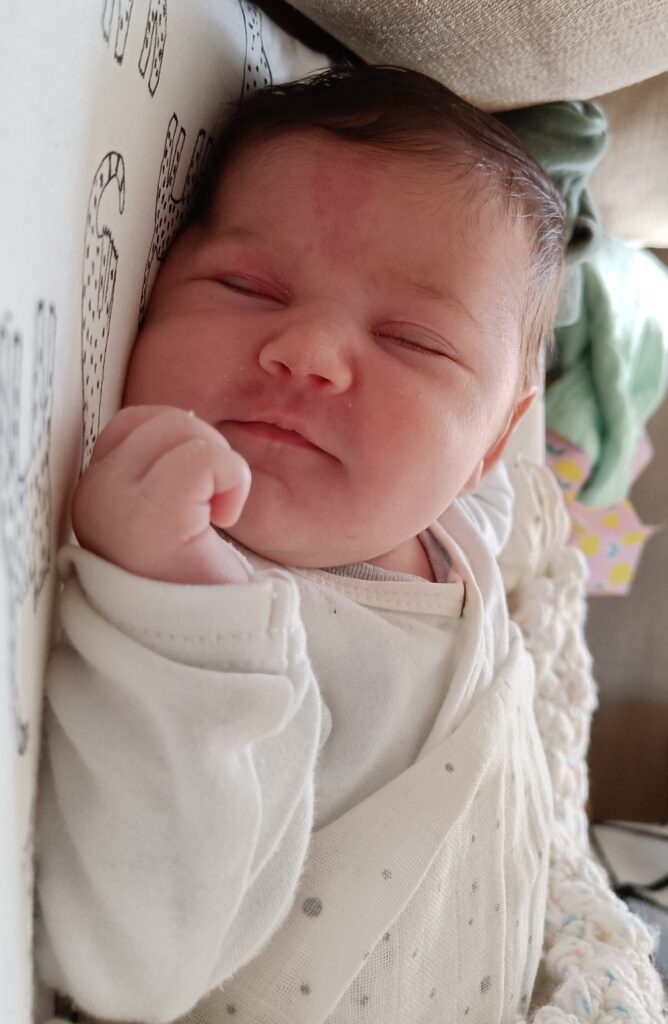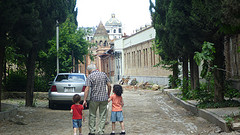

This is what AI thinks this episode was about:
In this episode of Citizen Reporter, host Bicycle Mark engages in a substantial dialogue with Steve Shalom, an emeritus professor known for his deep understanding of moral philosophy, particularly as it pertains to war. As they convene in January 2025, the conversation revolves around the concept of “just wars” and how society defines what constitutes a just versus an unjust conflict. Mark establishes the context by reflecting on the changing landscape of global conflicts and the need to discern moral justifications for wars.
Shalom opens the discussion by providing an overview of just war theory, highlighting the rarity of truly just wars throughout history. He explains the foundational criteria for determining the justice of a war, acknowledging that such determinations hinge on both legal and moral assessments. The dialogue probes the complex relationship between law and morality, drawing parallels to personal moral dilemma.
The conversation then deepens into three general moral approaches to war: realism, pacifism, and just war theory. The realist perspective advocates for doing whatever it takes to win a war, dismissing the notion of moral constraints as unrealistic. In contrast, pacifism rejects war under any circumstances, arguing that it is inherently immoral. Steve identifies just war theory as a middle ground, suggesting that while many wars may be unjust, certain criteria can render a war just based on context. This nuanced view leads to a comprehensive examination of historical and modern conflicts, including the significance of international laws established by entities such as the United Nations, which aim to regulate warfare and promote peace.
Mark and Steve navigate through the evolution of international norms concerning war, noting that while the UN charter ostensibly outlaws aggression, nations frequently disregard these laws. They discuss key historical instances, such as the 1990 Gulf War, where collective self-defense was invoked, and the discrepancies in enforcement regarding international law. They also reflect on the ineffectiveness of the UN Security Council due to veto powers, which complicates any potential interventions.
The notion of competing narratives in any conflict is also addressed. Steve articulates the challenges of discerning the legitimacy of claims to self-defense, especially in contemporary contexts like the Russian invasion of Ukraine. They underline that while public opinion may sway narratives, it is ultimately the collective decision-making processes within international bodies that shape the application of just war theory.
As the discussion progresses, Mark draws parallels between historical wars, notably World War II, often cited as a model of just war. They deliberate on the complexities surrounding the justifications of U.S. actions in later conflicts such as Vietnam and Iraq, articulating the moral debates that arise from actions taken under the guise of self-defense or humanitarian intervention. This further leads to an exploration of how the standards of just war have shifted over time, particularly with the increased scrutiny of civilian casualties and ethics in warfare.
The episode concludes with a poignant discussion regarding the psychological impacts of violence and trauma on societies involved in conflict. Steve underscores the cyclical nature of violence and how immediate reactions to trauma can cloud moral judgments, making a case for the long-term consequences of military actions that often go unaddressed in political discourse. Mark reflects on historical media reactions following September 11, 2001, demonstrating how public sentiment can lead to the justification of extreme measures.
Together, Mark and Steve encourage a deeper exploration of just war theory and its relevance in current geopolitical dynamics, advocating for thoughtful consideration of the moral implications of warfare in our increasingly complicated world. They express a commitment to continue these critical conversations as global conflicts evolve, highlighting the importance of dialogue in understanding the ethics of war. (End of AI statatement)
You can also just listen for yourself to figure out if the above summary is accurate.






